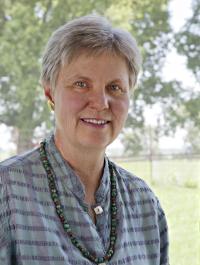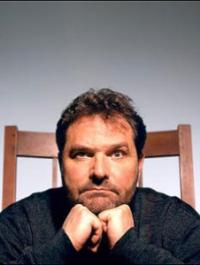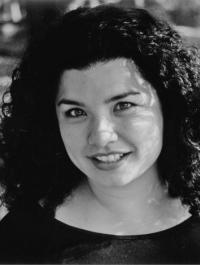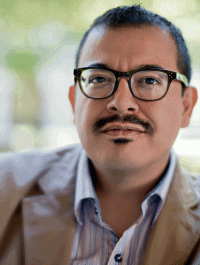We are the nothing-to-lose ones,
the try-anything-once ones,
weed seeds inside our cells –
dandelion, nettle, lizard tail –
roots sunk in, for it is the tips
that count, reaching out to tap
new moisture. Roots, stems, leaves,
the stomata, those little mouths
opening, closing, sucking in air
in the evening when we boil
wild ginger and sleep in its vapor.
Like cures like, we hear in the morning
when we brush ourselves with
vegetable fiber in the shower,
beat ourselves with our fists.
(This is no crazier than anything else.)





